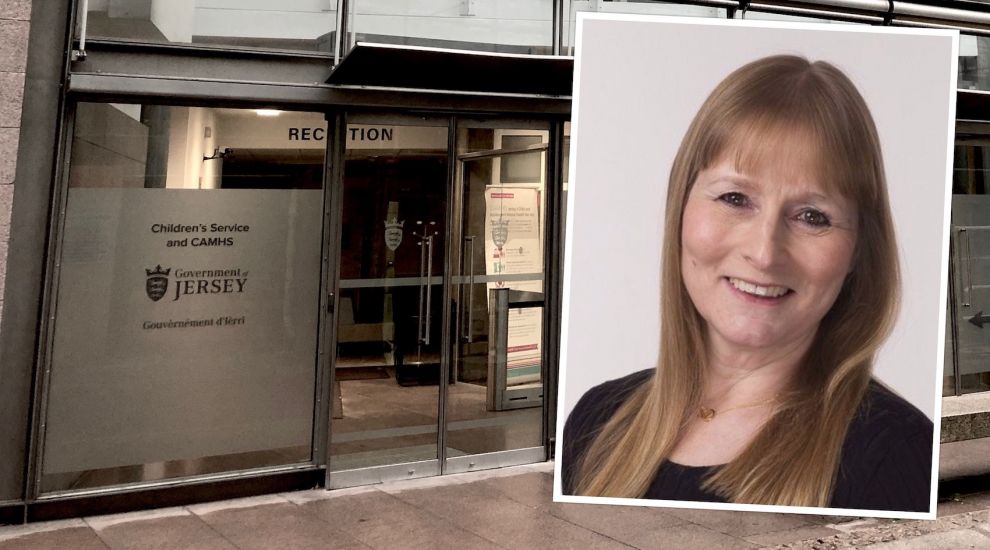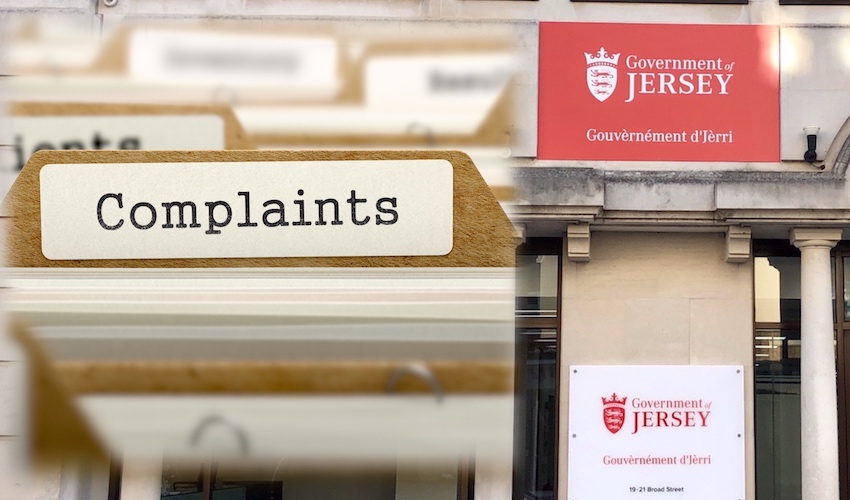


A local family lawyer has criticised Children’s Services for the way they respond to complaints, saying islanders are not treated in a “respectful manner”, whilst staff go into “defensive mode” or use “weasel words” rather than make people feel heard.
Advocate Barbara Corbett, a Senior Partner Corbett Le Quesne and a member of the Law Society’s Children Panel, regularly represents children and adults in care proceedings.
Her comments were shared with the Care of Children in Jersey Scrutiny Panel who recently reviewed the complaints processes across the Government of Jersey, States Assembly, the Courts and the Parish System and published their findings in a report this week.
The Panel identified a “significant lack of trust” in the Government’s complaints processes and made several recommendations to address this.

Pictured: There is a “significant lack of trust” in the Government’s complaints processes according to the review.
Published yesterday, the report included Advocate Corbett’s comments about the lack of redress available to islanders whose complaints have been upheld, an issue that prompted the panel to recommend the creation of a public services ombudsman “as soon as possible”.
In her submission to the Panel, Advocate Corbett raised several issues linked to the Children’s Services as she explains her work bring her into contact with people who have been involved with them.
Advocate Corbett said that when clients, parents or children complain, many of whom are vulnerable and didn’t receive proper care as children, often under the watch of the States of Jersey, they are not always treated in a “respectful manner”.
“It is not acceptable for social workers or other staff to be attacked or shouted at or sworn at,” she wrote. “But it is absolutely not acceptable for social workers to be rude to parents, to belittle them or disrespect them. And above all, the employees of the Government of Jersey need to remember that they are professionals and their standards should be higher than the standards of vulnerable people who have challenging lives and, in the context of Children’s Services, no power.”

Pictured: According to Advocate Corbett, the Children's Services do not attempt "restorative measures" such as face-to-face meetings to resolve issues.
The lawyer noted how the service’s professionals do not make “any attempt at restorative measures to resolve issues”, such as face-to-face discussions or meetings, but rather “go into defensive mode and either deny any wrong-doing or seek to justify actions or inactions taken”.
If complaints lack precision, Advocate Corbett said that rather trying to find out what the problem really is, the service provides “narrow responses” that only address the “actual words used” while “no effort is made to look more broadly at what has caused the upset”.
Yet, even when complaints are successful, the Government’s response is “so mealy-mouthed and defensive” that the language used makes it hard to see the complaint has actually been upheld.
“Weasel words like, ‘We are sorry that you feel we did not meet our usual high standards,’ just do not make people feel that they have been heard and such responses, even if a complaint is upheld, can encourage people to take matters further, until they do feel heard...many don’t even then,” she wrote.
Advocate Corbett also noted how the service’s refuses to provide records or delays the requests for “months if not years”, sometimes for “spurious data protection reasons or third-party interests”, requiring the complainants to be “very persistent”.

Pictured: "Spurious data protection reasons or third-party interests” have been used to refuse requests for records.
She also raised concerns over the lack of accountability in the service, noting that social workers in particular leave and are “never held to account after they have left”.
“If there are court proceedings on-going, other members of staff are provided to give evidence on their behalf, but of course cannot do so about things which they did not see or hear themselves,” she said. “Thus, the information provided to the court is often inadequate and the true failings of those involved is hidden.”
She called for the procedure to be improved for the benefit of both the complainant and those complained against.
She suggested this should include face-to-face meetings with the “people responsible for decisions or actions or inactions” to which complainants would be able to take someone with them, including children or family lawyers.
“The Minister should stop being so scared of lawyers or of being sued,” she said. “Having a lawyer present can help the complainant by dealing with the relevant matters and not the irrelevant, focussing on what is important and explaining why some things are done the way they are. This again will prevent cases being escalated.”

Pictured: Advocate Corbett said individuals are sometimes blamed for the failings of the organisation.
She said the subject of the complaint should also be able to have someone at their side, “preferably not a line manager or someone with a stake in the outcome”.
Advocate Corbett noted that it is often the organisation that is at fault rather than the individual and suggested an independent person would be best placed to look at what has gone wrong “honestly and transparently” and identify “wider problems or any faults with other people higher up the chain of command”.
“If people know that they will be supported, not in squashing complaints and brushing them under the carpet (which is damaging for complainants) but in a nurturing and non-judgmental way, they will be more open to admitting or accepting that things have gone wrong,” she argued, adding that there shouldn’t be a culture of “suspending staff or punishing them for mistakes” without matters being properly considered unless there are serious allegations of abuse or similar.
“In my experience it is often the most junior staff who get the blame, even for systemic faults and it is they who suffer the consequences of complaints. That helps no-one,” she wrote. “People higher up the ladder get away with behaving badly and confidence is lost in the organisation. When things go wrong everyone involved needs to look at why and explore how to prevent it happening again.”
In cases where things have gone wrong, Advocate Corbett said “an explanation, an apology, reparation or compensation” should be given.
“This does not need to be expensive,” she argued. “Time and kindness is more important. A bouquet of flowers or a small gift of Jersey produce etc, just something to confirm an apology, to show that there is an acceptance of something having gone wrong."
Comments
Comments on this story express the views of the commentator only, not Bailiwick Publishing. We are unable to guarantee the accuracy of any of those comments.